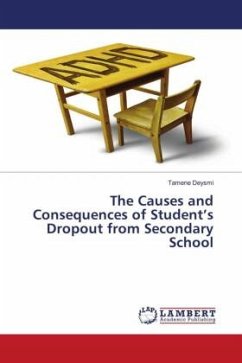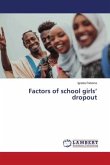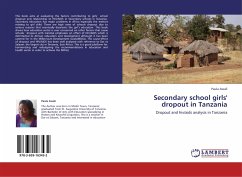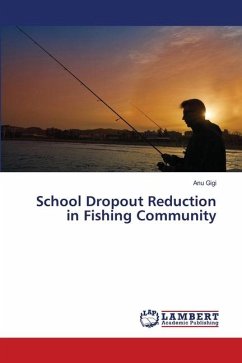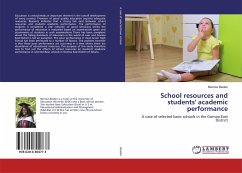The Government of Ghana through its Free Compulsory Universal Basic Education policy has implemented several laudable initiatives that have increased enrollment at the basic level of education. Enrolling children in school, however, does not necessarily guarantee their stay in school and completion of basic education. Using Bronfenbrenner s ecological theory, this book examines micro to macro level factors that affect young people s capacity to stay in school. Young people's experiences with school indicate that the attainment of basic education requires the active support of parents and communities, in addition to improvements in school quality through the provision of adequate school infrastructure, teaching and learning materials and the enhancement of the emotional climate of schools. Furthermore, helping young people build personal resilience can aid in overcoming social and economic pressures that pose a hindrance to their stay in school. Although this book draws on experiences from Ghana, lessons can be applied to countries struggling to achieve the United Nations' Education For All goals.
Bitte wählen Sie Ihr Anliegen aus.
Rechnungen
Retourenschein anfordern
Bestellstatus
Storno


